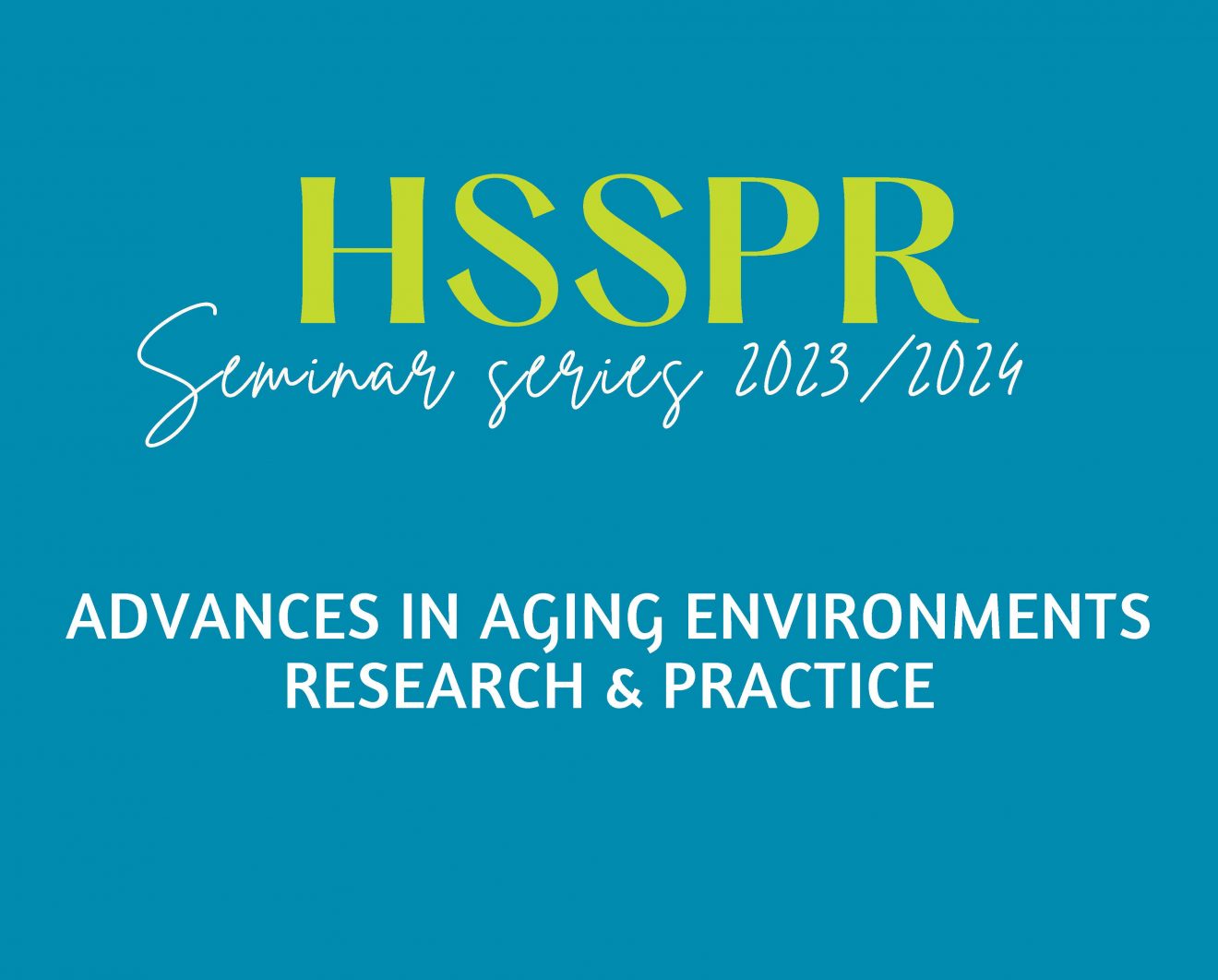Effectiveness of a financial incentive to physicians for timely follow-up after hospital discharge: a population-based time series analysis
Lauren Lapointe-Shaw, MDCM FRCPC is a PhD student in Clinical Epidemiology and Healthcare Research at IHPME, a fellow at the Institute for Clinical Evaluative Sciences and a Philipson Scholar of the Department of Medicine. Her thesis centers on discharge from hospital, follow-up care and hospital readmissions. After obtaining undergraduate (Biology) and medical degrees from McGill University, she completed her Internal Medicine residency at the University of Toronto. She currently practices as a General Internist at Toronto General Hospital. She is broadly interested in health policy and measuring the quality of our healthcare system, and is a founding member of the General Medicine Inpatient Initiative (GEMINI- https://
ABSTRACT
Background: Timely follow-up after hospital discharge may decrease readmission to hospital. Financial incentives to improve follow-up have been introduced in the United States and Canada, but it is unknown whether they are effective. Our objective was to evaluate the impact of an incentive program on timely physician follow-up after hospital discharge.
Methods: We conducted an interventional time series analysis of all medical and surgical patients who were discharged home from hospital between Apr. 1, 2002, and Jan. 30, 2015, in Ontario, Canada. The intervention was a supplemental billing code for physician follow-up within 14 days of discharge from hospital, introduced in 2006. The primary outcome was an outpatient visit within 14 days of discharge. Secondary outcomes were 7-day follow-up and a composite of emergency department visits, non-elective hospital readmission and death within 14 days.
Results: We included 8 008 934 patient discharge records. The incentive code was claimed in 31% of eligible visits by 51% of eligible physicians, and cost $17.5 million over the study period. There was no change in the average monthly rate of outcomes in the year before the incentive was introduced compared with the year following introduction: 14-day follow-up (66.5% v. 67.0%, overall p = 0.5), 7-day follow-up (44.9% v. 44.9%, overall p = 0.5) and composite outcome (16.7% v. 16.9%, overall p = 0.2).
Interpretation: Despite uptake by physicians, a financial incentive did not alter follow-up after hospital discharge. This lack of effect may be explained by features of the incentive or by extra-physician barriers to follow-up. These barriers should be considered by policymakers before introducing similar initiatives
Related Events

Sign up for IHPME Connect.
Keep up to date with IHPME’s News & Research, Events & Program, Recognition, e-newsletter.
Get in Contact
Communications
Marielle Boutin
Email Address: ihpme.communications@utoronto.ca
